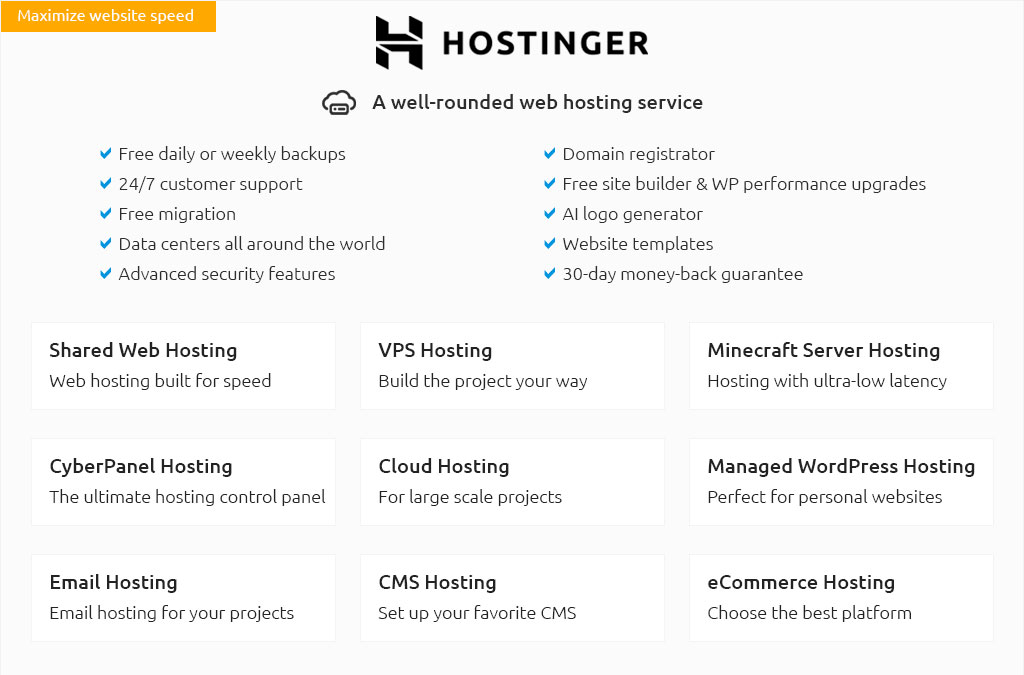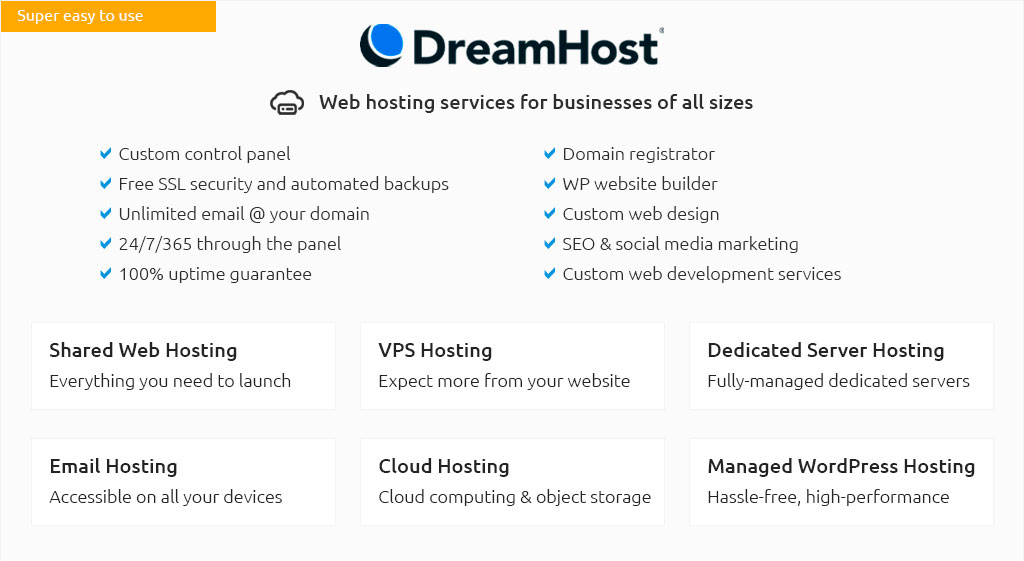 |
|||
 |
 |
 |
|
 |
|
 |
 |
 |
|||
 |
|||
 |
|||
 |
|||
 |
 |
|
Unleash the power of your online presence with our cutting-edge web hosting reviews, where we dive deep into the world of hosting providers to bring you the ultimate guide for making informed decisions-because you deserve more than just average; you deserve exceptional performance, ironclad security, and lightning-fast speed that turns clicks into connections and potential into success, all wrapped up in an engaging, no-nonsense exploration that cuts through the noise to deliver the truth about which hosting provider will truly elevate your digital game.
https://www.pcmag.com/picks/the-best-web-hosting-services
We've selected 11 services for this list, all of which are excellent. Read on for our picks, followed by the key factors to consider when choosing the best web ... https://www.hostgator.com/
HostGator is a leading provider of secure and affordable web hosting. Discover why thousands of customers trust us to handle their website hosting needs. https://www.reddit.com/r/Hosting/comments/1i6qndc/who_is_the_best_hosting_provider/
Liquid Web and WP Engine are solid options. However, since you mentioned speed and simplicity, you might want to consider Rapyd Cloud as a strong contender.
|